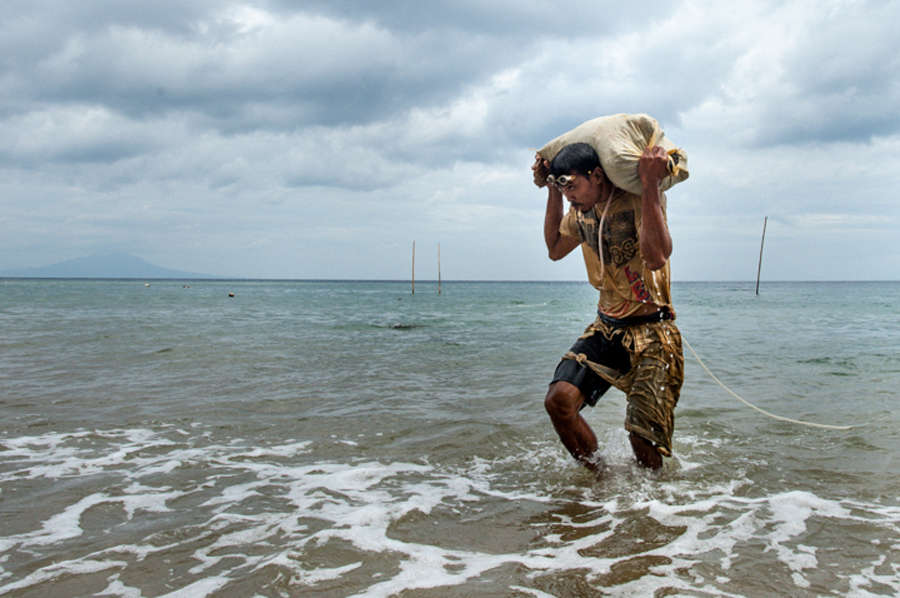Manila targets gold miners in latest crackdown

Rodrigo Duterte, sworn in as the Philippines president at the end of June, and close ally Gina Lopez, Environment Secretary, has ratcheted up the rhetoric against mining companies operating in the country. Reuters quoted Duterte last week as saying the country could forego the $850m in government revenues from the mining industry which represents just 1% of GDP.
The Philippines natural resources ministry is conducting an audit of all mining operations within the country and have already shut down six mines since Duterte came into office, three of them nickel mines. The ministry is also calling for an outright ban on all open pit mining and a 2012 moratorium on new mining licences also remains in place.
Over the weekend, Lopez set her sights on small-scale gold miners in the country, estimated to number in the hundreds of thousands. According to a report in the Philippine Star Lopez ruled all small-scale mining activities operating outside the country’s mining co-operatives system (referred to as Minahang Bayan) “were illegal in nature and that they should be stopped immediately.”
There are only three established operations in the country of this kind and as much as 60% of the country’s production of gold could be affected by the new decree.
According to World Gold Council data the Philippines produced 41.1 tonnes or less than 1.5 million ounces in 2015 placing it in the top 20 producing countries globally and number three in Asia behind China and Indonesia.
According to PGI Intelligence, a London-based research company, investment in mining in the Philippines dropped to a three-year low of just $924m last year.
The proposed changes to the licences, which are supported by the new Duterte administration, would increase the government’s share of mining revenues.
Mining companies in the Philippines already face the most burdensome tax regime in Southeast Asia, with an average of 40% of revenues transferred to the government, via a 30% corporate income tax and several mining-specific taxes according to PGI.
Image: Luc Forsyth
{{ commodity.name }}
{{ post.title }}
{{ post.date }}




Comments
Altaf
I have seen some video clips in youtube showing poor people diving under river beds, some times in cave like structures, risking their lives and bring up some ore. They pan the ore and end up with as little as an ounce of concentrate a week. They use mercury to concentrate the ore and burn it causing long term health hazard to them.
Instead of enforcing blanket ban and forcing hundreds of thousands of poor people turn destitute, govt can take pro-active approach. For example, they can control supply of mercury and make it impossible for ordinary people to get it. It will force the poor to sell their ore instead of concentrate to the wholesalers. They may get a little less but they dont have to migrate to urban areas for earning. They should nudge them towards forming co-operatives and allow them to earn their sustenance.
New govt says they can do without the 850M income. But what they plan to do with the hundreds of thousands of jobless people in the process? When they excersice authority, they should also show responsibility.
In the end, I dont get the figures right. New govt says mining earns govt 850 M out of 40% taxes, meaning mining output to be 2.2 B. From the above article itself, we see the gold production of 41.5MT is worth more than 1.6 B. Now add to this Nickel, and endless number of other minerals, I dont think they did their math right.